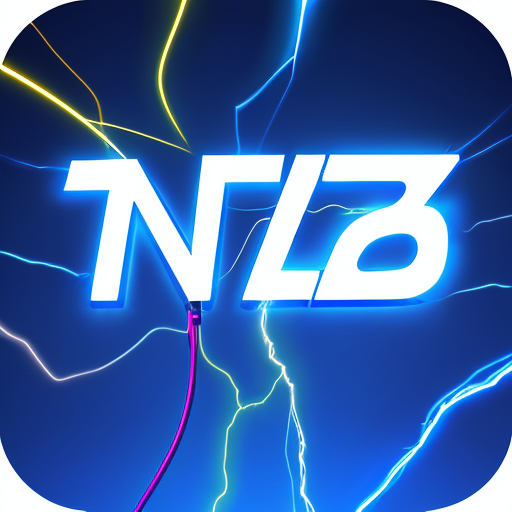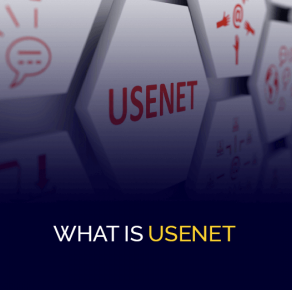In the ever-expanding realm of the internet, where information flows ceaselessly, one corner stands out as a haven for discussion, sharing, and the exchange of files—Usenet. At the heart of this intricate web lies a crucial player: NZB indexers. In this comprehensive exploration, we delve into the intricacies of NZB indexers, unraveling their purpose, functionality, and the world they inhabit.
Understanding the Basics
At its core, an NZB indexer is a specialized service or website designed to index the vast array of files available on Usenet. Usenet, often regarded as the precursor to modern-day forums and discussion boards, is a decentralized communication system. It encompasses a myriad of newsgroups where users share text-based messages and, significantly, binary files.
The NZB File Format
The linchpin of this system is the NZB file. This standardized XML-based file format serves as a roadmap to the binary files scattered across Usenet. When users seek to download a particular file, the NZB file acts as a guide, providing information about the file's location, its various parts, and additional metadata.
The Indexing Process
NZB indexers undertake the monumental task of cataloging the vast expanse of Usenet. Their primary function is to scan newsgroups and create an organized index of the available files. This index becomes the user's gateway to the wealth of content hosted on Usenet.
Creating Order in the Chaos
As Usenet is a vast and often chaotic space, NZB indexers play a pivotal role in creating order. They sort through the myriad of posts and binaries, presenting users with a structured and searchable catalog. Users can then access this catalog to locate and download the specific files they desire.
The NZB Client: A Key Player
To access and download files from Usenet, users employ NZB clients. These specialized software tools read the information embedded in the NZB files and orchestrate the downloading process. The NZB client is, therefore, the bridge between the user and the extensive world of Usenet, facilitated by the indexing prowess of NZB indexers.
Navigating Legality and Ethics
It is crucial to acknowledge the historical association of Usenet and NZB indexers with both legitimate and illegitimate content. While Usenet itself has been a stalwart platform for discussion and knowledge sharing, it has also been a haven for the distribution of copyrighted material. Users must exercise caution, ensuring that their activities align with copyright laws and the terms of service of their chosen Usenet provider and associated NZB indexer.
The Evolution of NZB Indexers
As technology advances, so do NZB indexers. The landscape of Usenet and its indexers is constantly evolving, adapting to the changing needs of users. The latest iterations of NZB indexers delve deeper into the realm of Machine Learning (ML) and automation, enhancing the efficiency of the indexing process.
Beyond Basics: Advanced Features
A robust NZB indexer not only provides a comprehensive index of available files but may also offer advanced features. These can include categorization of content, user ratings, and comments, contributing to a community-driven approach where users share insights and recommendations.
Ensuring Security and Privacy
In the pursuit of accessing content on Usenet through NZB indexers, users must prioritize security and privacy. Opting for reputable Usenet providers with secure connections and encrypted traffic is paramount. Additionally, employing virtual private networks (VPNs) can add an extra layer of privacy protection.
Challenges and Controversies
The dynamic world of Usenet and NZB indexers is not without challenges and controversies. The ever-present tension between content creators, distributors, and consumers raises questions about the ethical use of these platforms. Moreover, the constant battle against spam, fake files, and malicious content requires ongoing vigilance.
Looking Ahead: The Future of NZB Indexers
As we gaze into the future, the role of NZB indexers in the Usenet ecosystem continues to evolve. The integration of the latest open-source and cloud-based technologies enhances the capabilities of these indexers. This includes revamped approaches to advanced pipelining, orchestration techniques, and a renewed focus on Machine Learning in the context of ML Engineering and MLOps.
A Glimpse into Deep Learning and Generative AI
The latest edition of NZB indexers delves into the realms of deep learning and generative AI. Tools like LangChain, PyTorch, and Hugging Face empower users to leverage large language models (LLMs) for advanced analysis. The inclusion of a new chapter on LLMOps explores the engineering considerations when working with these cutting-edge technologies.
Becoming a Productive Navigator: GitHub Copilot and More
Beyond the technical aspects, NZB indexers acknowledge the importance of productivity tools. AI assistants like GitHub Copilot are integrated, enhancing the efficiency of users and streamlining their interactions with the vast Usenet landscape.
Conclusion: Empowering Users in the Usenet Universe
In essence, NZB indexers are the unsung heroes of Usenet, providing users with a roadmap to navigate the intricate world of binary files. While their evolution brings about challenges and controversies, it also paves the way for innovation and enhanced user experiences. As users continue to explore the depths of Usenet, the synergy between NZB indexers, NZB clients, and evolving technologies ensures that this digital realm remains a dynamic and rich ecosystem for information exchange and collaboration.
Nzb indexers
newz-complex.org
dognzb.cr
drunkenslug.com
nzbplanet.net
nzb.cat
kleverig.eu ( 18+ )
nzbsa.co.za
abnzb.com
althub.co.za
big-bit.org
gingadaddy.com
miatrix.com
newz69.keagaming.com
ng4you.com
nzb.su
nzbgrabit.xyz
nzbndx.com
nzbnoob.com
pourcesoir.in
usenet-crawler.com


